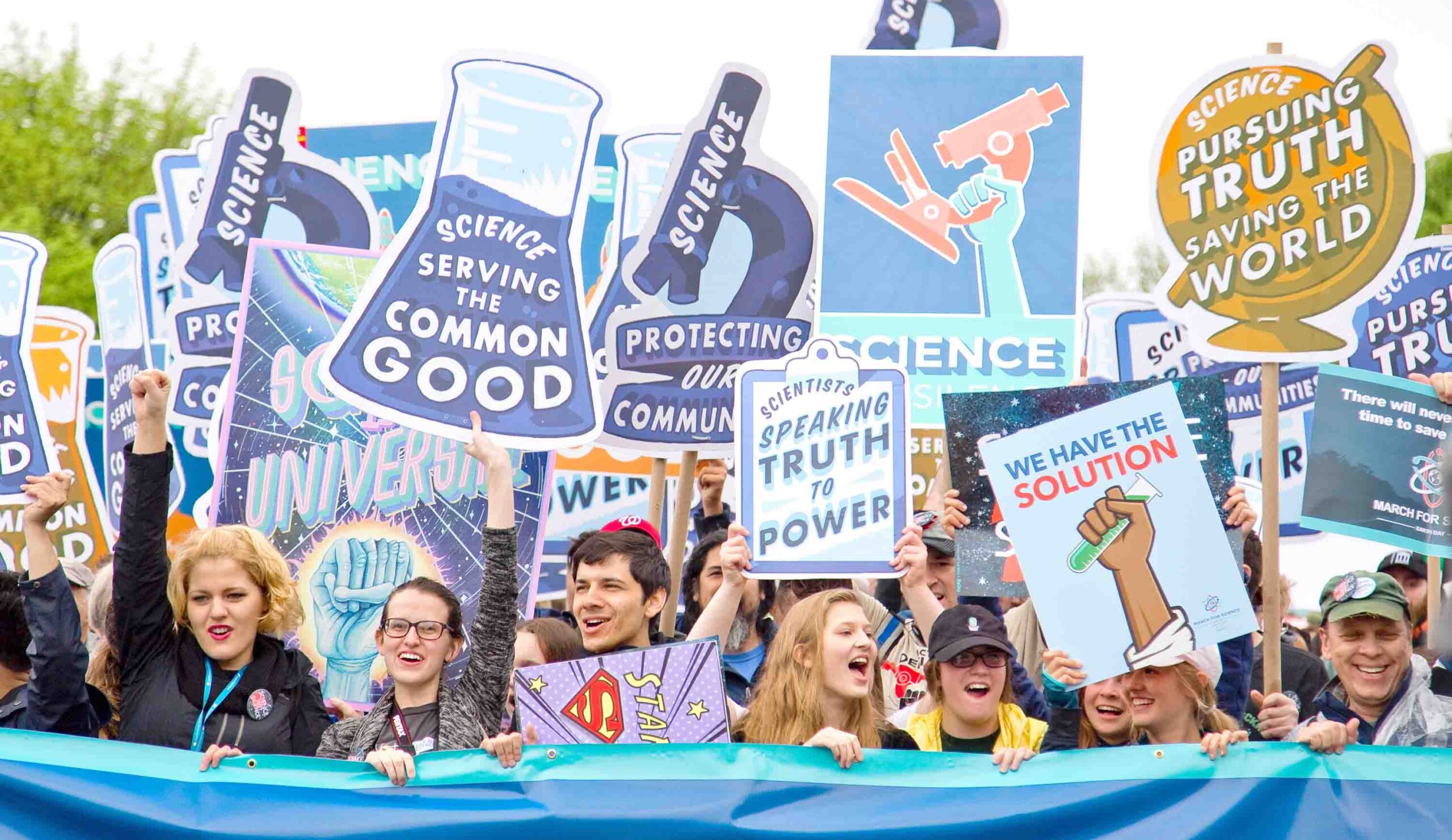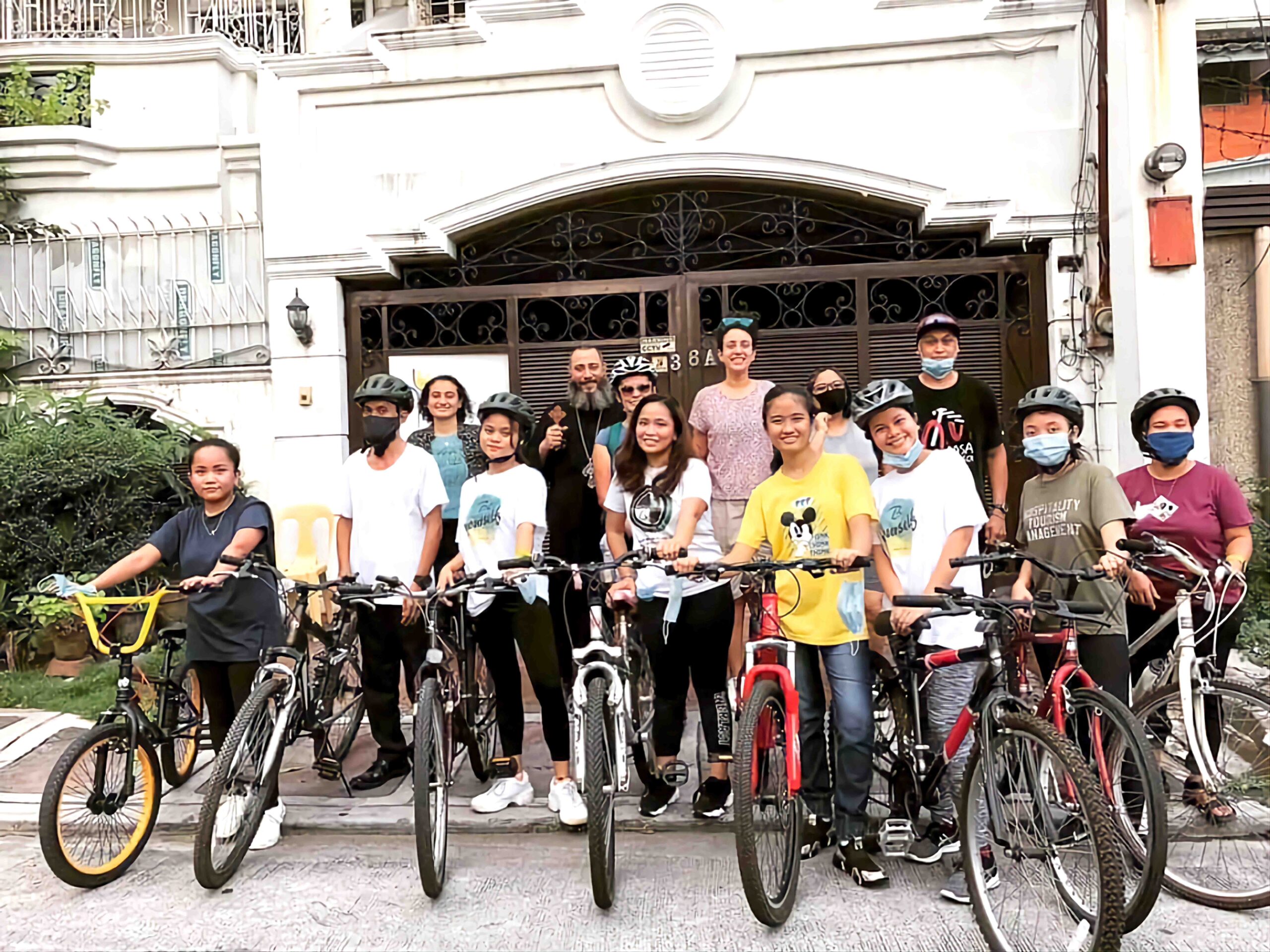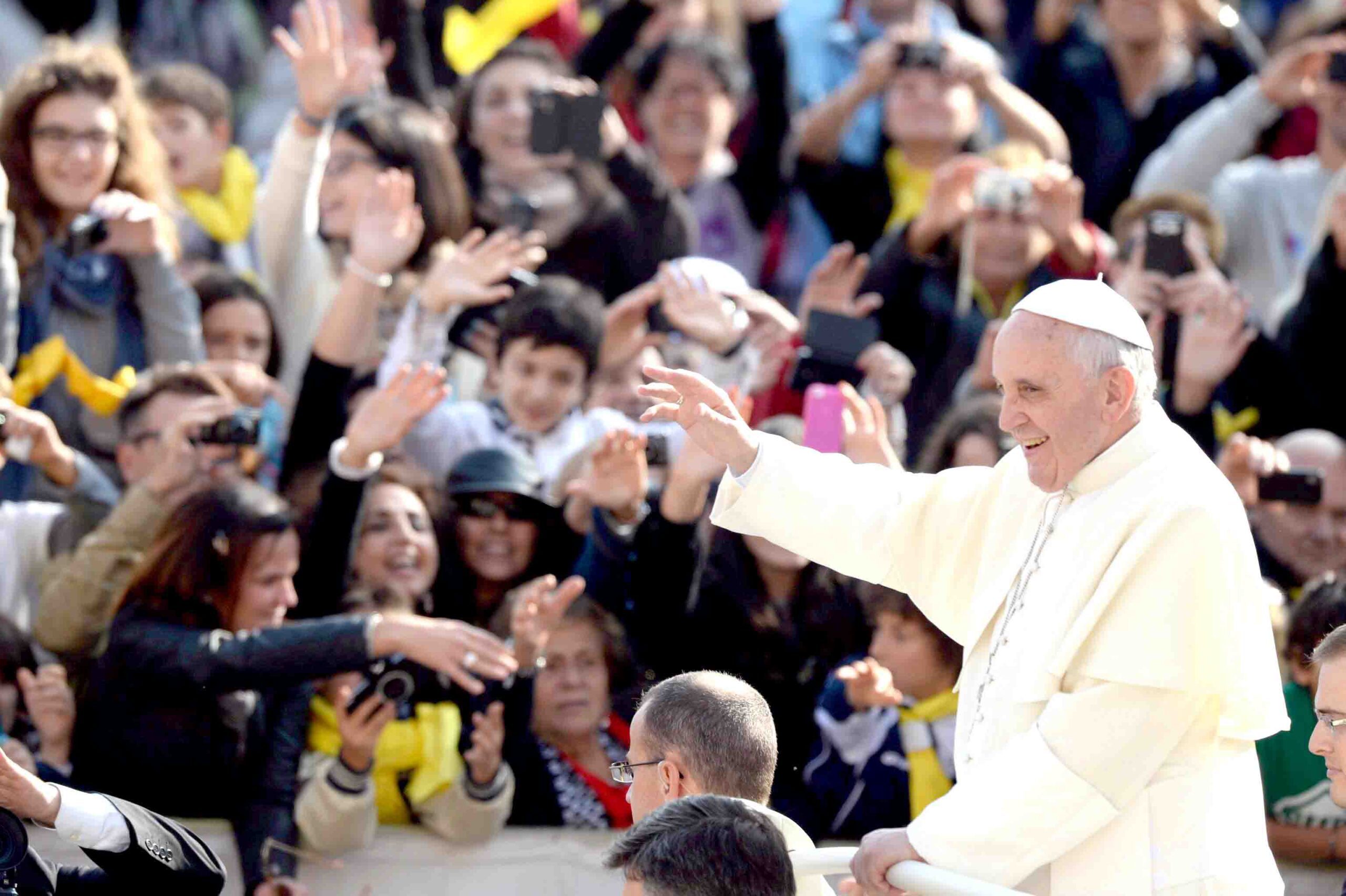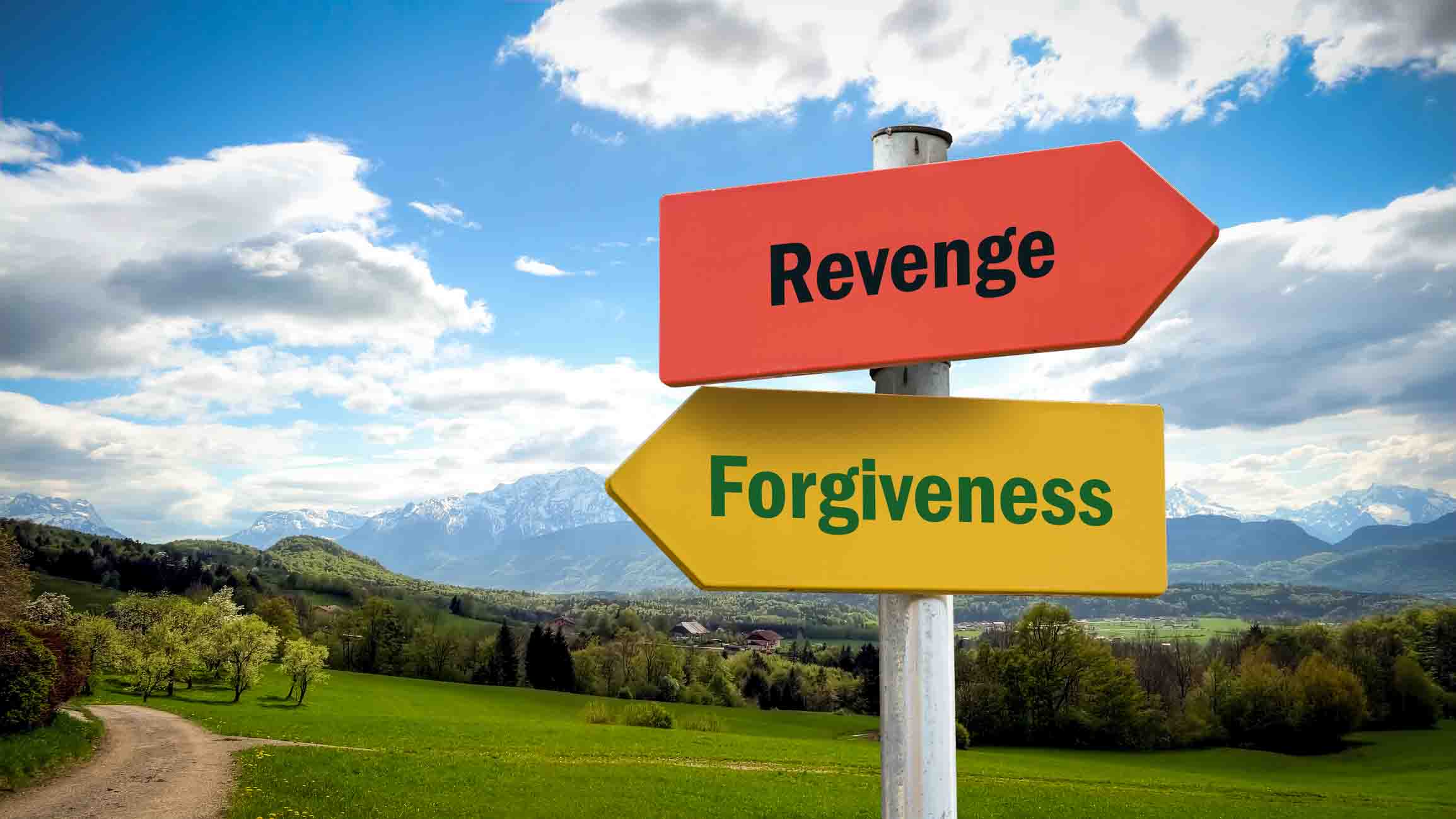Voices are growing louder every day, crying hoarse, that the planet is facing an environmental crisis. We hear of global warming, acid rain, ozone depletion, climate change, biodiversity loss, topsoil erosion, tropical deforestation, desertification, underground water depletion and pollution.
We pollute the earth with unimaginable indifference. Garbage accumulates in cities worldwide. Millions of tons of rubbish, toxic chemicals, medical wastes, fertilizers, and crude oil are dumped accidentally or deliberately into the ocean. The rubbish that we empty into oceans, rivers, and seas moves around the world in currents, depositing the waste as far as the Antarctic and Artic, and on coral reefs.
The “Unruly growth of cities” is leading to visual pollution and noise, chaotic neighbourhoods, and spaces inundated by cement, asphalt, glass, and metal (Laudato Si, n. 43). It is time for science and technology, which are considered ultimate authorities today, to become self-critical.
We tear down mountains for minerals, humiliate rivers, insult lakes, mow down forests, exhaust the soil, bring down the fecundity of the oceans, and threaten every living form. The atmosphere is under constant attack from ‘greenhouse effect’ depleting the ozone layer. The poisoning of springs, lakes and ground-water systems continues unabated. Over-exploitation of soil interferes with the self-renewing processes of life-systems.
Life-sustaining energies are being depleted and degraded. Everything is sacrificed to the modern Divinity, which we call the Economy. Rees and Wackernagel exclaim, “However brilliant its economic star, every city is an entropic black hole.”
People are so excited about acquiring the most modern gadgets and other consumer goods that they have oriented all human life to earning and owning. There is no room left for growing more human: cultivating human sentiments, compassion of heart, understanding the mind, or gentleness in dealings.
And suddenly, we discover that we are no more than mere robots at the service of an economy without heart and mind. “Modernity devours its own children,” says Rasmussen. The export-oriented “economy of exaggeration” reduces hundreds of thousands of people into the slavery of cheap labour.
INEQUALITY
Our economic progress is immense, but it has developed an inhuman face. Its focus is not “human beings and peoples…but merchandise and the market…” When we speak of ‘economic miracles’ and boast of economic leadership, we forget that there is a human price to be paid for every step forward, a burden that reduces weaker persons and communities to the status of victims of the so-called ‘national development.’
The manner in which impersonal modern technology is regulating our lives has something to do with the development of macho philosophies and bullying attitudes that we have developed towards each other and nature. The consequences have been disastrous. The “vision of ‘might is right’ has engendered immense inequality, injustice and acts of violence against the majority of humanity, since resources end up in the hands of the first comer or the most powerful: the winner takes all” (Laudato Si, n. 82).
As industries advance in a nation, cities become coated with grime, covered with clouds of smoke and disease. Today, they are fast falling lower, degrading individuals, communities, entire societies, the environment, and all life forms. We are betraying humanity. When we are hurting our “sister earth,” we are hurting our common home, something that we have been doing in a big way during the last two hundred years. “The establishment of a legal framework which can set clear boundaries and ensure the protection of ecosystems has become indispensable” (Laudato Si, n. 53).
SOCIAL, SPIRITUAL, MORAL, ENVIRONMENTAL CONSCIOUSNESS
Land is taken from people for the sake of ‘development’. Whose development? And at what cost? Time has come even for Big Businesses to judge their goals and become self-critical of the corporate culture that they have accepted as absolute. Many of them do not manifest any grief when they leave behind in developing countries “great human and environmental liabilities such as unemployment, abandoned towns, the depletion of natural reserves, deforestation, the impoverishment of agriculture and local stock breeding, open pits, riven hills, polluted rivers…” (Laudato Si, n. 51).
We speak today more of the ‘needs of development’ than the needs of peoples and of communities, even less of their participation in this endeavour. Sustainability of development projects cannot be calculated merely in economic terms. It calls also for spiritual motivation and religious-cultural energy that build up consistency and commitment. Thus the effort towards sustainability has to be holistic: involving social, spiritual, moral and environmental consciousness and resources.
We need to sing with all hearts: “Be glad, earth and sky! Roar, sea, and every creature in you; be glad, fields, and everything in you! The trees of the woods will shout for joy, when the Lord comes to rule the earth. He will rule the peoples of the world with justice and fairness” (Psalm 96:11-13).


































